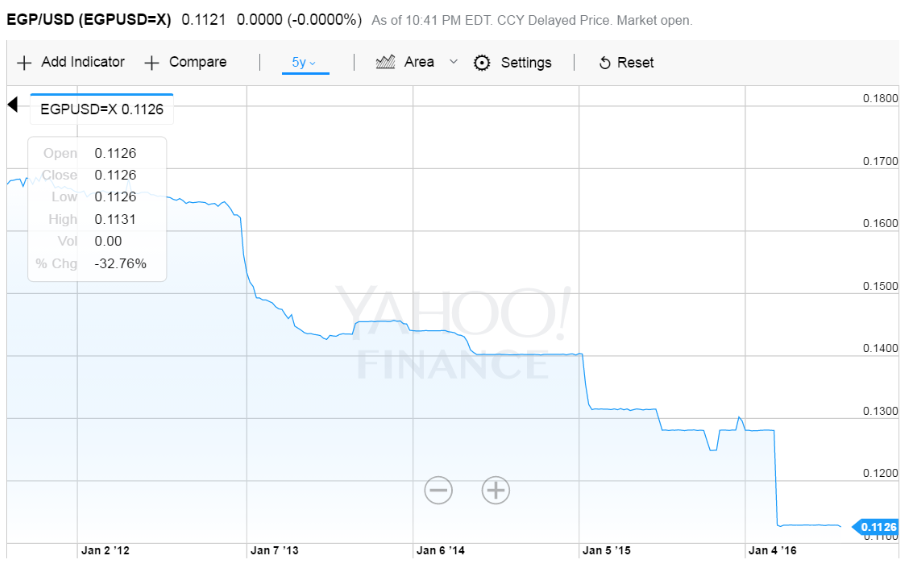It’s not that the film is about theft: from everyone loves a good heist film [the Italian Job! Ocean’s 11, 12, 13!], never more so when the money is being stolen from the bad guy. In Nagy Atallah, the target is the ultimate bad guy: [drumroll] Israel. [insert scary music]
The storyline of this Ramadan series, which I made the terrible choice of following from the beginning and am now unable to stop watching, quite little like you can’t turn your eyes away from a traffic accident, is about one Nagy Atallah, or Nagy Basha as he is being addressed about 6 times per minute, a former army officer and former diplomat who puts together a rag-tag crew including a Sharm tour guide and a classic low-life knife-wielding baltagy, the disgusting kind of parasites that has terrorized Egyptians for the past year and a half, to – heed yourselves – cross into Israel, rob the biggest bank there, then head home. The script was originally drawn up to be a film, not a series – something all viewers have probably realized by now as they watched through one tedious scene after the other.
It’s not all the cinematographic details that make the viewing experience risible. Sure, the Hebrew they speak is abysmal, mostly sound but occasionally outdated or mistranslated, and the accents painful to anyone’s ears (and absolutely unnecessary – Raafat El Haggan, for instance, did just fine without them); the protest in ‘Tel Aviv’ has advertisements in Turkish in the background; a jock shatters a long jump record on a whim, while in full military uniform and equipment; this very same black menorah – Jewish chandelier – present in every “Israeli” home or office; a bank’s entire security system, including the vault’s door and the “killer laser beam” (really, there is one) can be controlled by a computer geek with a Mac sitting on the roof of another building (which makes one wonder why he travelled anyway); it’s not the illogical “diversion” they create, which brings massive police presence right by the crime scene BEFORE they strike; and it’s not even the “high-speed car chase” in a minivan, which looks more like… every microbus driving in Al-Azhar tunnel in Cairo.
Nor is it the cultural illogisms that pepper the show – seafood restaurants are not forbidden in Israel, for instance, even though the scriptwriter makes a long scene out of this assumption. A bunch of ultra-orthodox Jews on a bus would actually be most conspicuous on a Friday night, as they are religiously forbidden from riding cars on that day; that bus line would probably not be running Friday night to Saturday evening anyway. A policeman would not be taking orders from a woman in army uniform. The “Red star of David” ‘organization’ they said the girl belongs to is actually the Israel equivalent of the Red Cross (Magen David Adom). And international borders are sure as hell not that easy to cross back and forth, especially for a ground of dunces in Israeli army uniforms. While those are details anyone conducting proper research (by which I mean, ask anyone who knows a little bit about Israel) would realise, they probably won’t bother the viewer.
It’s not all those things. But two main things I find despicable in this series are:
a. The diplomats featured are the least. professional. diplomats. ever. One – named Gamal Abdel Nasser, actually – spends a few days in post in Tel-Aviv, realizes he doesn’t like it there, and requests his reassignment – only to subsequently go on television, somehow passing himself for a hero for deserting his national duty. And the series protagonist, another diplomat, is a man who runs illegal gambling games in his apartment, is literally a loan shark, gets into fights with citizens of the country he’s working in in cafés and insults them, insults his host country in a TV interview, and eventually turns into a bank thief.
I am guessing the Egyptian ministry of foreign affairs has not been a big fan so far.
b. The use of religion to justify theft is just out of bounds. As Nagy informs one of his recruits – a soldier-turned-criminal-turned-imam – that he plans on robbing a bank, the man is horrified and responds with a coranic version condemning sins. When Nagy ads “in Israel”, the morally-flexible imam immediately blurts out another verse of the Coran, stating that one is invincible with God on their side.
And herein lies my biggest problem with this series.
Muslim tradition reminds us that Prophet Mohammad PBUH, known for his honesty, served as the safekeeper (the bank, if you will) for Mecca to all – including his enemies. After he successfully evades Quraishites who wanted to kill him and heads to Medina, he requests that his younger cousin, Ali Ibn Abi Taleb, stay back until all dues were paid and all owners – from the tribe that nearly murdered him – have retrieved their belonging. The right to safety of life and belonging was guaranteed to all under Islamic rule; even in time of war, strict rules of conduct (civilians, the elderly, children as well as places of worship are not to be attacked; etc) were strictly enforced. In a way, Islam knew how to ‘win the hearts and minds’ of civilians before that was even a concept.
The Islamic values of right and wrong are very clear-cut. Theft is wrong, period. Having a running theme in the show of a sheikh dropping Coranic verses and Hadith to infuse a “holy-ish” flavour to the heist is despicable and disrespectful to the viewers. Money from theft, I am sorry, is not ‘rizk’. [Irony of ironies, said sheikh wishes to use his share of the stolen money to start a Hajj travel agency]. At one point, the protagonist attempts to justify the theft – not merely because the Israelis are the bad guys; but because Jews leaving Egypt at the time of Moses took along valuables that belonged to their Egyptian neighbours. But then, if Nagy wishes to “retrieve” stolen property, then perhaps he’d try to distribute the wealth? As he and his crew and rubbing their hands in anticipation of the millions of dollars that will befall them, it does not seem social justice plans are on his mind.
The inclusion of two sob scenes, with the mother of a deceased Egyptian soldier killed by the Israelis and subsequently the murder of a young man in Gaza (as a sidenote, there was no logical reason to go through Gaza at all; as we now know thanks to the criminals and the refugees regularly passing the Egyptian-Israeli border, this is the most porous location to cross) are meant to give justification to the theft, which is now evolving into a redemptive “mission”. Honouring martyrs by way of robbing banks for personal enrichment? Hardly convincing, one must say, even if he does send “a bag of money” to Gaza. Theft is immoral. Period. The thing would still hold its own if it was a good story about a heist.
But let’s not try to infuse presumed higher morals on that.
The ignorance and hypocrisy displayed by the writers of this series is so bad, I’m tempted to root for Nagy’s arrest so we can get it over with this series.



